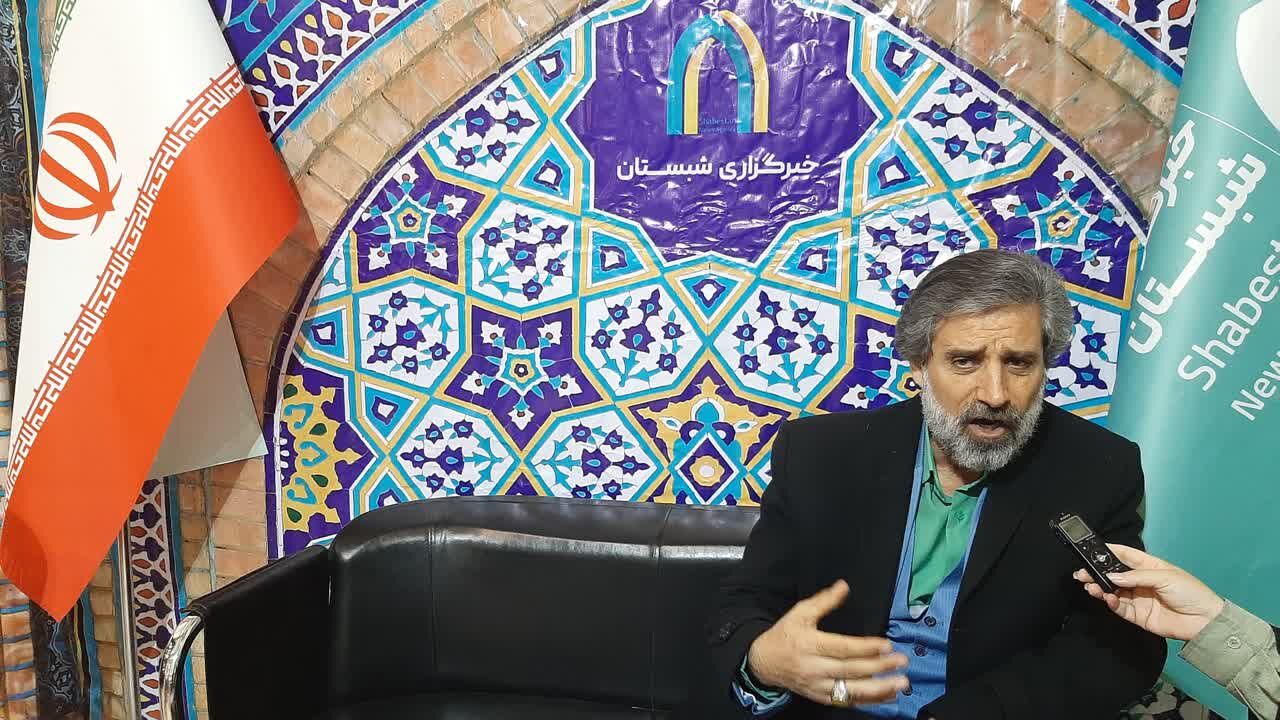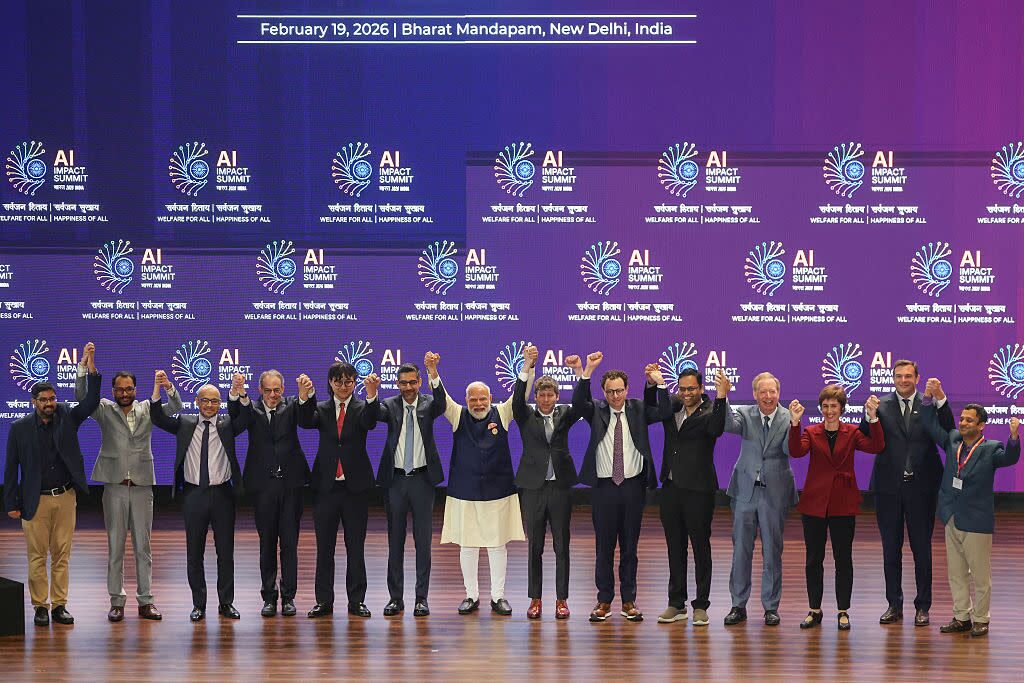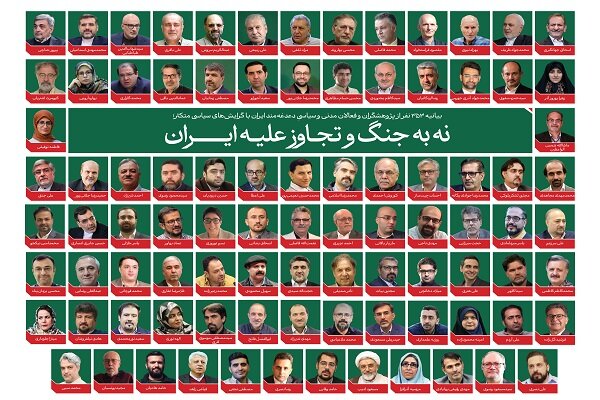Israel slashes aid to Gaza as Trump threatens to 'violently' disarm Hamas
Israel slashes aid to Gaza as Trump threatens to 'violently' disarm Hamas

US President Donald Trump threatened to “disarm” Hamas as the fragile ceasefire he brokered in Gaza came under pressure on Tuesday after Israel slashed aid entering the enclave by half.
Less than one day has passed since Trump took a victory lap welcoming the peace deal during a whirlwind Middle East trip. On Monday, he addressed the Israeli Knesset and then co-hosted a summit in Egypt’s resort city of Sharm el-Sheikh, full of bluster and gaffes behind a line-up of stone-faced world leaders.
But speaking at the White House on Tuesday, Trump appeared to express frustration that Hamas had reasserted itself in Gaza with armed security forces. “If they don’t disarm, we will disarm them,” he said.
Trump acknowledged that Hamas security officials had launched raids on “gangs” in Gaza, which he said he initially approved. He compared Hamas’s policing to his own deployment of national guard troops to Washington as a measure designed to prevent crime.
Hamas published a video on its official channel on Tuesday showing the street execution of eight blindfolded and kneeling suspects whom it called "collaborators and outlaws".
But Trump said the time was coming for Hamas to hand in their weapons.
“If they don’t disarm, we will disarm them, and it will happen quickly and perhaps violently,” he said.
“I spoke to Hamas and I said, ‘you’re gonna disarm’… ‘yes sir, we will disarm,’ that’s what they told me,” Trump said. He later clarified that the message was passed on through intermediaries "at the highest level”.
Middle East Eye reported that Trump’s son-in-law, Jared Kushner, and envoy Steve Witkoff met directly with senior Hamas political officials last week.
Israel ramps up blockade
The disarmament of Hamas is one of 20 points in Trump’s peace plan for Gaza. However, the plan is light on details, and it does not provide a timeline for Israel’s full withdrawal from Gaza. Israel occupies more than half of Gaza and has already violated the ceasefire, killing at least seven Palestinians in air strikes on Tuesday.
Meanwhile, Israel announced it was ramping up its blockade of Gaza, despite the ceasefire agreement calling for more food and medical supplies to enter Gaza through the United Nations.
Israel said the Rafah border crossing between Gaza and Egypt would remain closed through Wednesday. Israel is now allowing only half the number of aid trucks it promised to let in.
Israel also notified the UN that no fuel or gas will be allowed into the enclave except for what it deems necessary for “humanitarian infrastructure”.
Israel accused Hamas of holding onto the bodies of captives it had pledged to return as part of the US-brokered peace deal.
Hamas committed to returning captives' bodies
A senior Hamas source told MEE that Israel bears responsibility for delays in locating and returning the bodies of captives still missing in Gaza.
The source said that Hamas had made it clear to Israel during the negotiations that the scale of Israel’s onslaught would make it difficult to locate the bodies of dead captives quickly.

“They made it clear during the negotiations that time and great efforts will be needed after the withdrawal of the occupying Israeli forces, to collect information about the bodies,” said the source.
The source said the scale of Israel’s destruction had transformed “the geography of the area”, making it “extremely difficult” to identify locations where the captives' bodies are. The source added that despite Israel's bad-faith efforts, Hamas was fully committed to returning the bodies of captives.
There are no living captives left in Gaza. Hamas on Monday released the remaining 20, as well as the bodies of four killed captives. Twenty-eight dead captives are due to be handed over as part of the deal in total.
The UN said on Tuesday that Israel needed to open Rafah immediately.
“We need all crossings open. The longer Rafah stays closed, the more the suffering prolongs for people in Gaza, especially those displaced in the south," UN spokesperson Ricardo Pires said.











